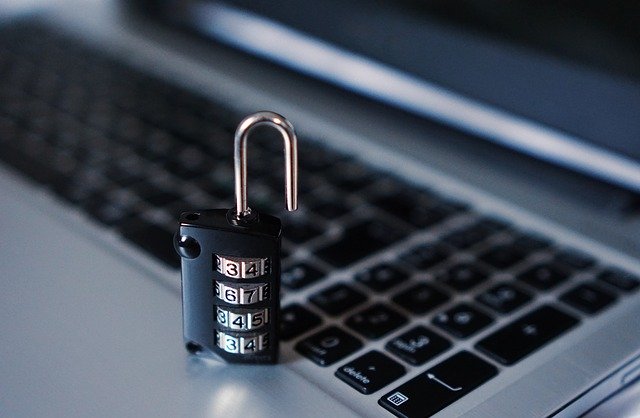Cyber security is a vital aspect of every business and is no longer the job of the IT department alone. Although your IT and technical staff are mostly involved in setting up and maintaining your business’ security systems, there is no scope of negligence with today’s rapidly evolving digital world. It is very challenging to keep your IT systems fully protected from the many ill effects of cyber threat and data breach.
While various statistics state that cyber threats are on the rise, it gives warning to organizations to consider beyond the purchase and implementation of security tools such as firewalls, and antivirus. They remind organizations to concentrate on building a culture that motivates the employees to play their role in ensuring the safety of information.
What Is Cyber Hygiene?
Cyber hygiene includes the practices and steps that computer users take to ensure data/online security. Often a part of an organization’s routine, ensuring cyber hygiene leads to the safety of identity and other details under the threat of corruption or steal. An organization should focus on training its employees regarding the importance of cyber hygiene and as such, implementing eLearning on information security is highly recommendable for organizations. However, while choosing the best online learning platforms for your business, you must consider the usability, extensibility, and pricing among the key factors.
Cyber Security eLearning For Improving Cyber Hygiene
Both in the form of downloadable classes and interactive quizzes, the eLearning efforts of today are at its peak to deliver accessible training. Although online courses are a great format, tutorials and articles also contribute to a great way in learning. Furthermore, eLearning has considerably grown in terms of popularity due to its easy accessibility and extent of information. Such features make it an appropriate technique for teaching your employees about cybersecurity.
Due to half-baked knowledge about cybersecurity and the assumption of extensive coding, some people refrain from getting into this topic. eLearning allows you to approach cybersecurity excitingly. A recent report by ZDNet on a hackathon by security company Enisa shows the way the industry is providing innovative ideas for educating and attracting professionals. They were able to find the new leaders of the industry by creating competition while discovering the latest techniques for tackling cybercrime.
Role Of Cybersecurity eLearning In Creating A Cyber Hygiene Policy
Once an organization implements a cyber hygiene policy, it should be adhered by the employees. All cyber hygiene practices should be clearly listed in the cyber hygiene policy. After the implementation of the policy, the organization can develop small eLearning games that enable the learners/employees to understand the cyber hygiene policy effectively.
For instance, organizations can develop a custom eLearning game with various levels where their employees can act as a cybersecurity professional. They can lead an operation to find multiple reasons for security breaches that occurred in the organization.
Role Of Cybersecurity eLearning In Making Cyber Hygiene A Habit
Being a vital part of an organization, a regular practice of cyber hygiene is critical. Organizations can use eLearning modules and spread the learning content to ensure that the practice of cyber hygiene is maintained at frequent intervals. They can develop engaging microlearning modules that can be forwarded to the employees at frequent intervals. The learning content can be in the form of infographics, tips, reminders, animated videos, eLearning games, case studies, quizzes, etc. Such practices enable an organization to maintain and ensure that cyber hygiene is practised on a day-to-day basis.
Final Thoughts
As an organization, you can conduct a survey on the knowledge of cybersecurity for knowing how and where the training requires to start. Leveraging the benefits of cybersecurity eLearning methods, you can ensure that sufficient measure is taken to maintain and keep the best practices of cyber hygiene floating.





